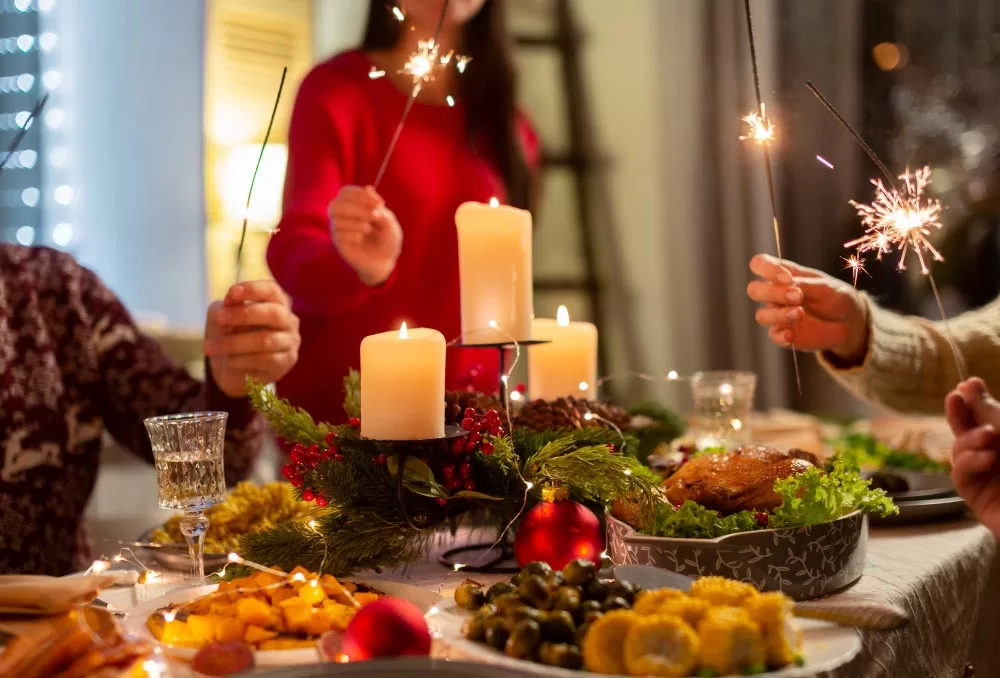New Year’s Eve is a time of celebration, reflection, and hope for the future. As we bid farewell to the past and welcome in the new year, many cultures have their traditions and superstitions.
One fascinating aspect of these customs is the belief that certain foods and doings can bring bad luck if consumed on New Year’s. In this post, we will dive into 12 foods and practices that are considered unlucky and the myths and superstitions behind them.
1. Winged Fowl: Stay Away from Turkey and Chicken
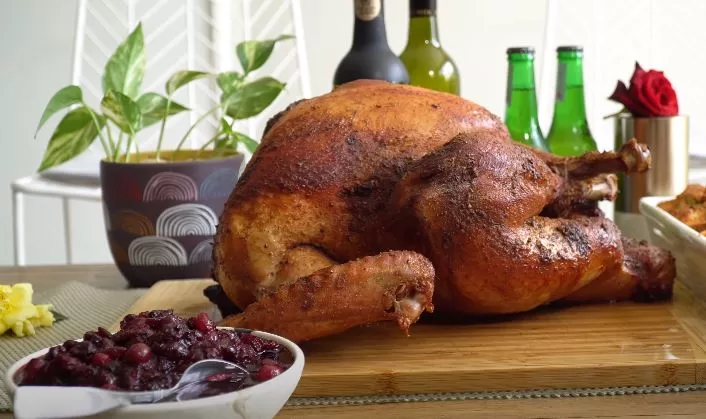
According to superstition, consuming animals that have wings and scratch in the dirt, such as turkey and chicken, can bring bad luck. These birds are believed to symbolize dwelling in the past or struggling to make a living. If you’re craving wings, why not try delicious alternatives like Buffalo tempeh “wings” or Buffalo cauliflower? These vegan options will not only satisfy your taste buds but also help you kick off Veganuary in style.
2. Avoid Lobster, Crab, and Crustaceans
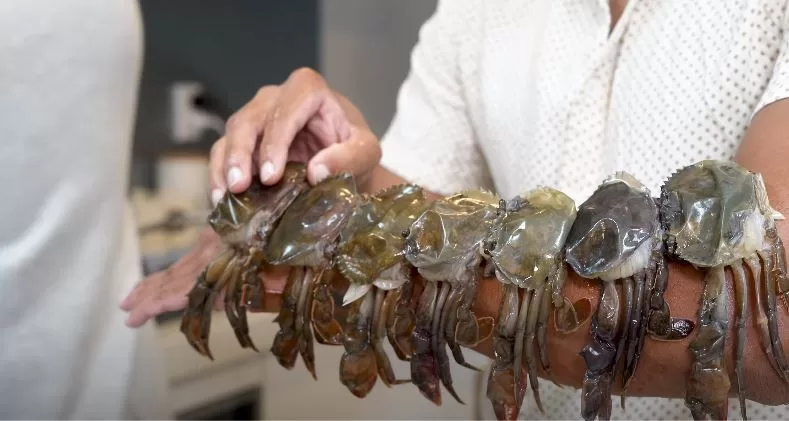
Crabs, lobsters, and other crustaceans are believed to bring major setbacks in the upcoming year because of their backward or sideways movement. Instead of indulging in these delicacies, opt for fish that swim forward, especially salmon a good omega-3 food. Not only will you still get your seafood fix, but you’ll also avoid any potential setbacks.
3. Beware of Hollow Bread
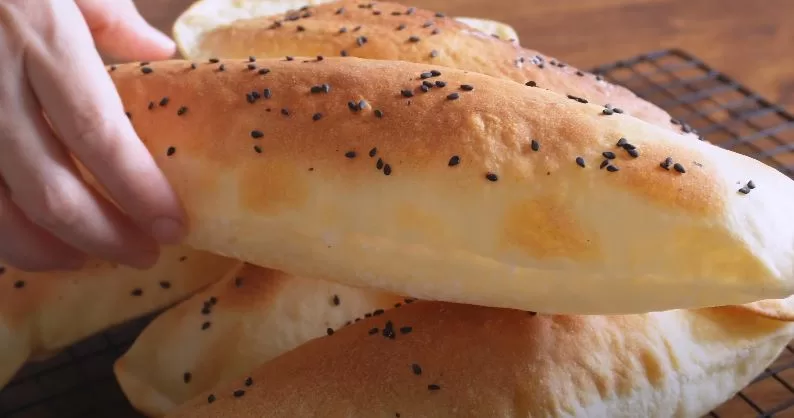
Slicing into bread and finding a massive air pocket is said to be an omen of death, especially on New Year’s. While it may be difficult to completely avoid this, one exception is round bread, which signifies a circle of good luck. However, it’s better to be safe than sorry. Consider resolving to go low-carb in the New Year and avoid the potential bad luck altogether.
4. Say No to Bottom Feeders
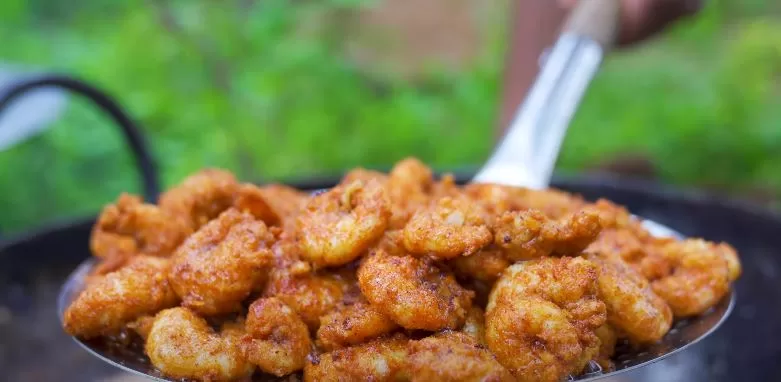
Seafoods like shrimp, cod, scallops, halibut, and bass are considered bottom-feeders as they scavenge for food along the ocean floor. According to superstition, consuming these creatures may lead to living off scraps in various aspects of your life. Fear not seafood lovers, there are alternatives available. You can replace these bottom-feeders with mushrooms, such as vegan “scallops” with succotash or mushroom “calamari.” Alternatively, opt for a forward-swimming fish like salmon.
5. The Knife Taboo: Don’t Pass It

Passing a knife to someone on New Year’s is believed to symbolize cutting ties with them in the future. It’s not only considered bad luck but also bad kitchen habits. To avoid any potential danger or loss of friendship, follow the example of chefs and put that knife down. Let the person pick it up on their own, ensuring everyone’s safety and maintaining good luck.
6. Stock Your Kitchen Cabinets

Starting the New Year with empty kitchen cabinets and a refrigerator is believed to bring scarcity into your life. Avoid this bad luck by stocking up on all your favorite foods. Plus, it’s the perfect time to take advantage of post-Christmas sales on holiday treats. If you need to do a last-minute run, check out our list of stores that are open on New Year’s.
7. Don’t Do the Dishes

According to superstition, doing the dishes, taking out the trash, washing clothes, or sweeping the house on New Year’s can wash away good luck and loved ones from your life. Some beliefs even suggest that whatever you do on New Year’s is what you’ll be doing for the rest of the year. So why not save the cleaning for later and take this opportunity to relax and enjoy the start of the year?
8. White Foods: Beware of Unlucky Colors

In Chinese tradition, white is considered an unlucky color as it symbolizes death. Therefore, all white foods, such as tofu, eggs, rice, cauliflower, and white cheeses, are avoided on New Year’s. Instead, fill your table with colorful foods. Greens are believed to bring wealth, while anything yellow, like cornbread, signifies prosperity and happiness. Oranges are also considered lucky, so load up on citrus fruits for an extra dose of good fortune.
9. Leave Some Food on Your Plate

Leaving some food on your plate at the end of the night is said to bring abundance in the coming year. So, skip the clean plate club and pack away some leftovers. Even if you’re not having a big New Year’s Eve dinner, saving some Champagne for the next day counts too. Turn it into mimosas or Champagne cupcakes and enjoy the double dose of luck.
10. Avoid Gifting Parsley
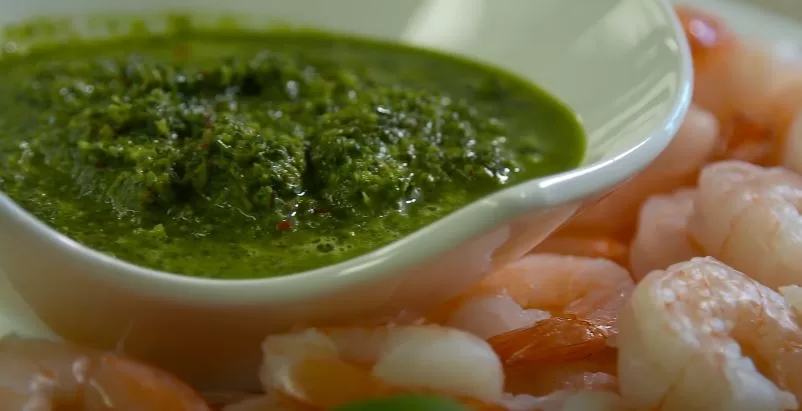
While it may be uncommon to gift someone fresh herbs, it’s important to note that parsley is considered a bad luck gift. To avoid any strange looks and potential bad luck, opt for other gifts such as edible food bouquets or ultimate gifts for hosts/hostesses. These thoughtful gifts are sure to bring joy without any negative superstitions attached.
11. Mind Your Chopsticks and Noodles
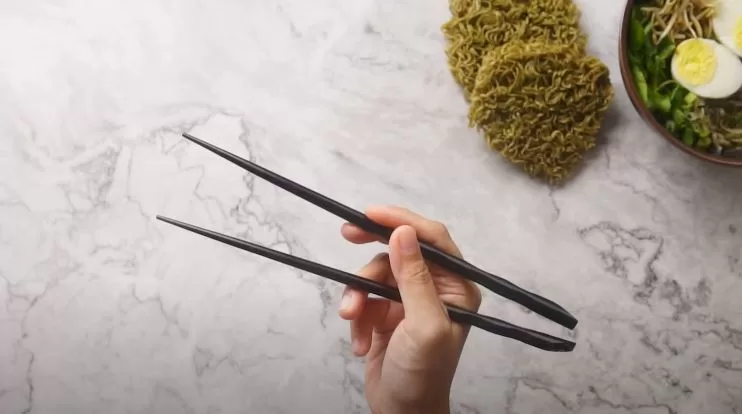
When enjoying a meal that involves chopsticks, be cautious about how you place them. Setting chopsticks upright in your dish mimics the incense used to honor the dead in China and Japan, which is believed to bring bad luck. Additionally, long noodles are associated with long life. So, be mindful when slurping your noodles and consider alternatives like penne or macaroni if you’re worried about potential bad luck.
12. Bananas: A Fruit of Misfortune

Bananas are believed to carry bad luck in various scenarios. Banana also has various benefits as it is packed with essential nutrients. Cutting them is said to bring misfortune while bringing them on a boat is associated with poor fishing hauls or even getting lost at sea. So, if you’re planning on making banana pudding or banana bread, it might be best to save it for another time and opt for other fruits instead.
Conclusion
As we celebrate the arrival of a new year, it’s important to remember that these superstitions and beliefs are rooted in cultural traditions and folklore. While some may choose to embrace them, others may view them as mere superstitions.

Regardless, exploring these unique customs adds an intriguing layer to our New Year party. So, whether you choose to avoid these foods or not, may your New Year be filled with joy, good fortune, and delicious meals.
